 THE SUMERIANS
THE SUMERIANS

LOST CIVILIZATIONS
The books in this series explore the rise and fall of the great civilizations and peoples of the ancient world. Each book considers not only their history but their art, culture and lasting legacy and asks why they remain important and relevant in our world today.
Already published:
The Aztecs Frances F. Berdan
The Barbarians Peter Bogucki
Egypt Christina Riggs
The Etruscans Lucy Shipley
The Goths David M. Gwynn
The Greeks Philip Matyszak
The Indus Andrew Robinson
The Persians Geoffrey Parker and Brenda Parker
The Sumerians Paul Collins

| THE SUMERIANS LOST CIVILIZATIONS |
PAUL COLLINS
REAKTION BOOKS
To my parents
Published by Reaktion Books Ltd
Unit 32, Waterside
4448 Wharf Road
London N1 7UX, UK
www.reaktionbooks.co.uk
First published 2021
Copyright Paul Collins 2021
All rights reserved
No part of this publication may be reproduced, stored in a retrieval system, or transmitted, in any form or by any means, electronic, mechanical, photocopying, recording or otherwise, without the prior permission of the publishers
Page references in the Photo Acknowledgements and Index match the printed edition of this book.
Printed and bound in India by Replika Press Pvt. Ltd
A catalogue record for this book is available from the British Library
eISBN 978 1 78914 423 9

CONTENTS

CHRONOLOGY
c. 60004000 BC | Ubaid period |
c. 40003800 BC | Early Uruk period |
c. 38003500 BC | Middle Uruk period |
c. 35003100 BC | Late Uruk period
Proto-cuneiform, probably developed at Uruk |
c. 31002900 BC | Jemdet Nasr period
Proto-cuneiform adopted in cities across
southern Mesopotamia |
c. 29002350 BC | Early Dynastic period |
2800 BC | Archaic tablets from Ur in Sumerian |
2500 BC | Royal inscriptions and administrative texts in Sumerian; some Akkadian texts |
c. 23502150 BC | Agade Empire |
c. 21502100 BC | Lagash Dynasty
Cylinders of Gudea are longest known texts in Sumerian |
c. 21102000 BC | Third Dynasty of Ur
Sumerian a dying or dead language, the official administrative language of the state; royal title King of Sumer and Akkad introduced; literary texts composed, including stories of Bilgames (Gilgamesh) |
c. 20001600 BC | Old Babylonian period
Sumerian a dead language, school boys copy some Ur III texts, new literary works created, Sumerian King List copied and expanded |
c. 15001150 BC | Kassite Dynasty
Ancient temples excavated and rebuilt; Sumerian a literary language |
950610 BC | Neo-Assyrian Empire |
669c. 630 BC | Ashurbanipal reads Sumerian |
610539 BC | Neo-Babylonian Empire |
539331 BC | Achaemenid Persian Empire |
331141 BC | Seleucid Empire |
141 BCAD 224 | Parthian Empire |
AD 75 | Last dated cuneiform inscription |
224641 | Sasanian Empire |
64161 | Rashidun Caliphate |
661750 | Umayyad Caliphate |
7501258 | Abbasid Caliphate |
1258 | Mongol forces capture and sack Baghdad 14011508 Black and White sheep Turkmen dominate Mesopotamia |
15081638 | Safavid Persian Empire |
16381918 | Ottoman Empire |
17471831 | Mamluk Dynasty
Victorian scientists develop schemes of racial classification that are exploited by some to justify colonization and slavery |
18451914 | Thousands of antiquities shipped to Istanbul, London, Paris, Berlin, Chicago and Philadelphia |
184990 | Sumerian and Akkadian languages identified |
1914 | British invasion and occupation of Mesopotamia |
1920 | Iraqi revolt against British Mandate |
1921 | Kingdom of Iraq established |
192239 | Thousands of antiquities shipped to London, Chicago, Oxford and Philadelphia |
1924 | Gertrude Bells antiquities legislation introduced |
1926 | Baghdad Antiquities Museum opens |
1932 | Britain declares Kingdom of Iraq independent |
1941 | British invasion and occupation |
1958 | July Revolution |
1966 | Iraq Museum in Baghdad opens |
1968 | Baath Party takes power |
1974 | Iraqi antiquities legislation abolishes division of finds |
1979 | Saddam Hussein becomes Iraqi president Looting of sites in advance of U.S.-led invasion |
2003 | U.S.-led invasion and occupation Looting of Iraq Museum |
201417 | Iraqi Civil War; defeat of isis/Daesh north of Baghdad |
2019 | Iraqs museums open seven days a week |
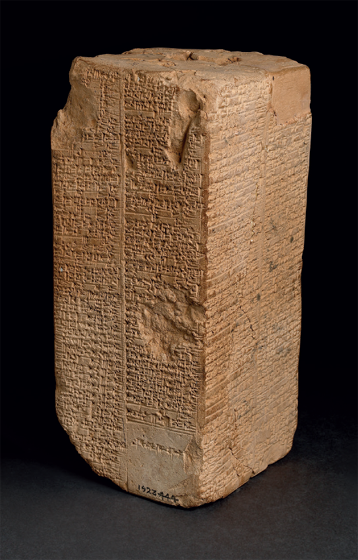
Baked clay prism inscribed with the so-called Sumerian King List, c. 1800 BC.

| ONE ORIGINS |
After the kingship descended from heaven, the kingship was in Eridu. In Eridu, Alulim became king; he ruled for 28,800 years.
S o read the first lines of the Sumerian King List. Although several versions of the List have survived, the most extensive, as well as the most complete, now resides in the University of Oxfords Ashmolean Museum, many thousands of miles from the place where it was composed. It takes the form of a small block of clay, about the size of a modern house brick, known to specialists as a prism. Perforated through its length, perhaps so that it could be rotated on a vertical spindle for reading, the prism is inscribed on each of the four sides with two columns of wedge-shaped (cuneiform) script, used here to write the Sumerian language. Based on information in the text, this particular version of the King List can be dated to about 1800 BC. We are less clear, however, about precisely where it was written, since the prism had been sold in Iraq to the English collector Herbert Weld-Blundell shortly before 1923, the year he gave it to the Ashmolean along with many other cuneiform tablets (a story to which we will return later). It may have been plundered from the site of Tell as-Senkereh (ancient Larsa), one of the thousands of abandoned settlement mounds often described by the Arabic word

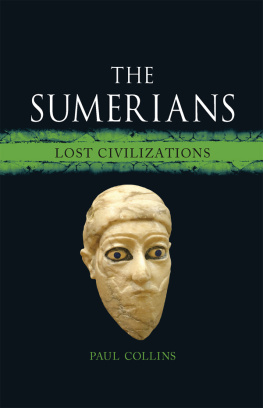
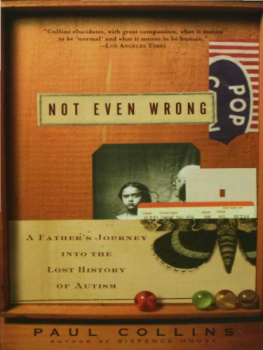


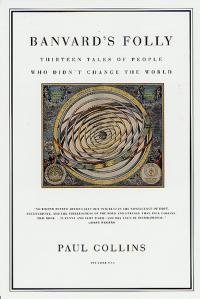

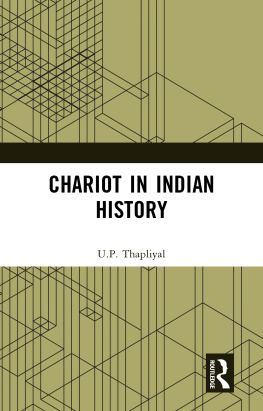
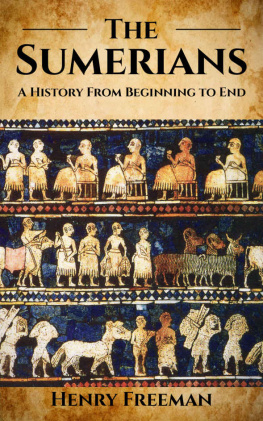
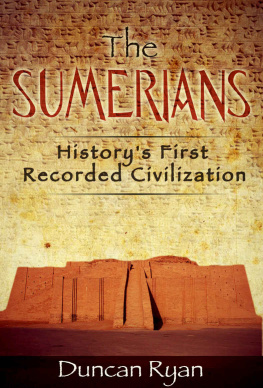

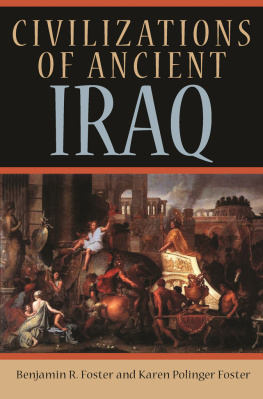
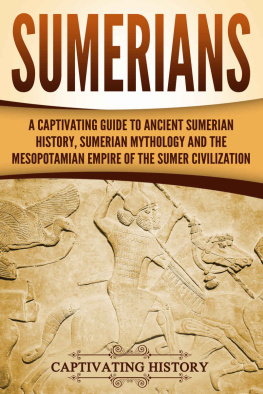
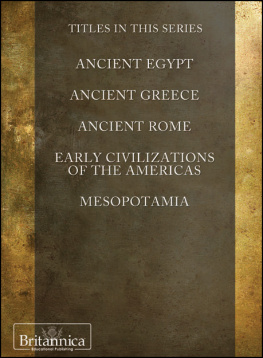
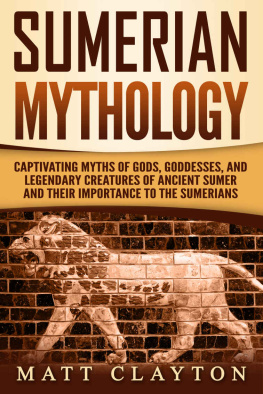
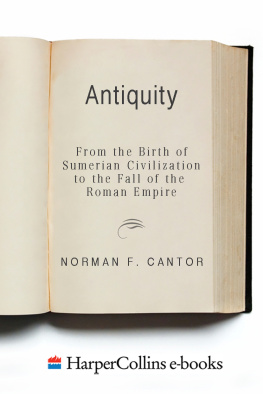
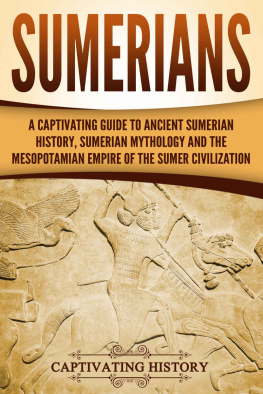

 THE SUMERIANS
THE SUMERIANS

 CONTENTS
CONTENTS CHRONOLOGY
CHRONOLOGY
